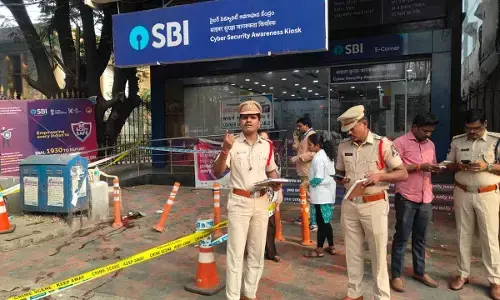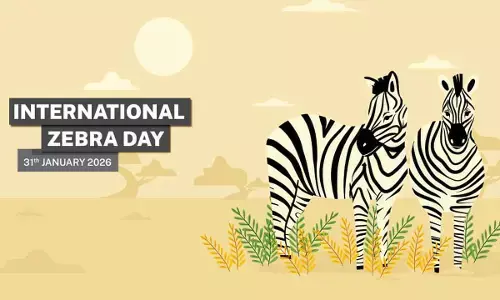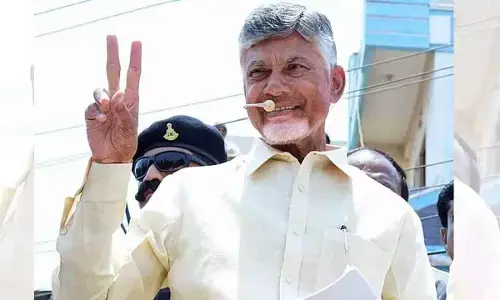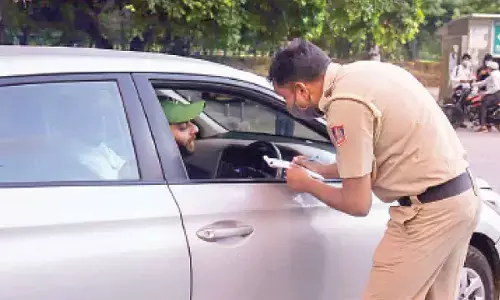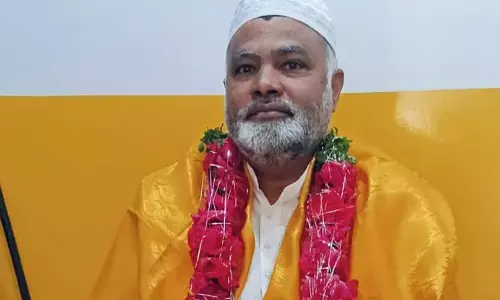Mere paas Maa hain…

Deewar Movie\'s Dialog Mere paas Maa hain…the most important part of Indian cinema and the whole nation identifies with Shashi Kapoor in ‘Deewar’ when he tells his brother, ‘Mere paas maa hain…’
In India, unlike the west, we don’t devote just one date in a year to express affection to our mothers, a la Mother’s Day. Every day of the calendar is dedicated to her and that is why the mother is the most important part of Indian cinema and the whole nation identifies with Shashi Kapoor in ‘Deewar’ when he tells his brother, ‘Mere paas maa hain…’

My list of memorable ‘mother scenes’ are the less popular ones but which left a lasting impression on my growing up years...
On top of the list is a kohl-eyed Sulochana humming to SD Burman's unforgettable 'Nanhi kali sone chali...' while putting her new-born to sleep in Bimal Roy's ‘Sujata’. In the adjoining room, sleeps the abandoned child of an untouchable who has through some coincidence landed into this Brahmin household. The husband watches his wife looking at the stranger baby and cons her into believing that she is burning with fever. In a spontaneous gesture, Sulochana jumps out of her bed to touch the baby's brow to realise that she has been tricked into touching the 'untouchable'. Another equally moving scene from the same film is when a young Sujata is deluded into leaving her foster home on the pretext that the rest of the family is awaiting her in the neighboring village. As she is being taken away, Sulochana hiding upstairs briefly opens the window to catch a final glimpse of the orphan child, which is precisely the moment Sujata turns to look back. She realises that she has been tricked into leaving home and charges back into the house howling! The family's attempt of getting rid of her fails for the final time!

Other examples, both about foster mothers - the term Bhabhi Maa perfectly describes a compassionate Meena Kumari and Nutan in ‘Bhabhi Ki Choodiyaan’ and ‘Chhota Bhai’. For a young girl enthralled on the fantasies of B&W movies, both these heroines — their eyes filled with tenderness and voice soothing like the chimes in a temple — appeared like Goddesses incarnated.

For years I could not get over the mesmeric Meena Kumari rising at day break going about her household work singing 'Jyoti kalash chalke...' while her little devar besotted by the bhabhi follows her from one room to another... In ‘Chhota Bhai’, an exasperated Nutan has punished her truant brother-in-law to stand on one foot forbidding him to move till her release orders. At dusk, while serving dinner to the family she realises that her devar is still standing on a single on the terrace. A guilt-ridden Nutan races up the staircase and pleads his forgiveness. The breaking down of the two superbly performed by Nutan and the child star, after all these years brims my eyes with tears.
While discussing extra-ordinary mothers, mention must also be made of three extraordinary daughters doomed to despair but emerging responsible. Shabana Azmi as Jamini in Mrinal Sen's ‘Khandhar’ lives in the ruins with an ageing, invalid mother. It is a colorless existence but despite desolation, there is a quiet dignity in Jamini's suffering that is praise worthy.
As courtesan Umrao Jaan, Rekha comes to terms with her misfortune but hope revives when she is invited by the nawab for a performance in her home-town in Faridabad. In the climax mujra 'Ye kya jagen hai doston...' the estranged mother and daughter steal moist glances from behind the veils because both know that it is too late to turn the wheels of destiny.
In ‘Aap Beati’ Hema Malini is witness to the oppression subjected to her parents by her brother and his wife, and to secure them she takes up a job as an airhostess. Before leaving for her training the sister extracts a promise from her brother that no harm would come to her parents in her absence. It does. When Hema returns, she finds her parents are missing!
Some 'mother moments' linger in the memory even though they were devoid of drama or emotional quotient. For instance, Meena Kumari's riddle song 'Ek thaal moti se bhara...' in ‘Majhli Didi’ picturised with a cluster of kids cheers the heart because of the chemistry between the actors. It is apparent that the kids had a great time shooting the film and Meena Kumari had the same spending time with the children. For almost the same reasons, I pick Shabana Azmi sing the lullaby 'Halke halke aayee chalke bole nindiya rani …' from ‘Apne Paraye’. The two children and Shabana appear so synchronised that they could well be a biological family.
The supreme mother, of course, who did not falter in her call of duty to her anguished child was the lovable dolphin in Shashi Kapoor's ‘Ajooba’. Every time the perturbed Amitabh Bachchan walks to the shore and calls out ‘Maa...’ the dolphin devotedly springs up through water bubbles, eager to listen and participate in her son's yearnings.
Nirupa Roy was the most significant mother of the 70s with ‘Deewaar’ where she chooses her honest son over the criminal one, even though she loved Amitabh more than Shashi Kapoor. Rima Lagoo became the most significant mother of the 80s with ‘Maine Pyaar Kiya’ where she goes against her husband and supports her son, Salman Khan, who she felt had done no wrong, and Farida Jalal was the mom of the 90s with ‘Dilwale Dulhaniya Le Jayenge’ where she asks her daughter to live her dream which she herself never did. Who can forget the fireplace scene as Kajol shares her secret with her mother…and later when Farida discovers Kajol and Shah Rukh in a romantic moment in the courtyard. Manisha Koirala coming in search of her children to the riot affected area in ‘Bombay’ is a heart wrenching scene. So is the climax of ‘Kabhi Khushi Kabhie Gham’ in 2000 when Jaya Bachchan wanders in the shopping mall sensing her son and finding Shah Rukh Khan there - a chilling moment that got every mother moist eyed in the theatre. 2010 decade saw different avtaars of brave, bold mothers of rural India be it ‘Ishaqzaade’ in 2012 or the recently released ‘Hawaa Hawaai’ in 2014. The list of such magical moments is long and endless and we don’t need to wait for a Mother’s Day to express them, so another time, another column.









